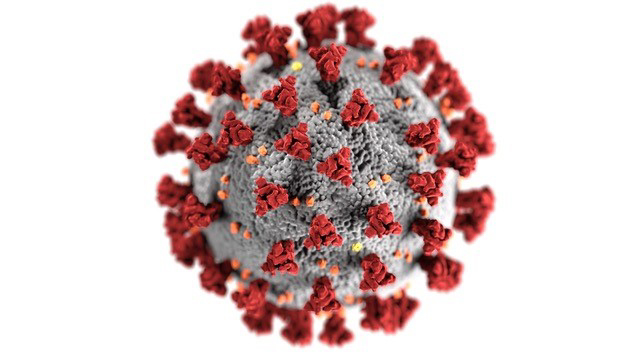
In a recent discussion about professional communications, someone asked me what I’ve learned from the coronavirus pandemic.
I readily answered with this: Leaders must be truthful, and we need to rely on experts to address crisis situations. Of course, those aren’t new lessons, but they have been strongly reinforced since the pandemic began to unfold in March.
Since that discussion, I have reflected further on the communications lessons from COVID-19. Some of the lessons noted below are nothing new—just reinforced. Toward the end of the list I’ve noted some new learnings. I invite your reflection and feedback.
- Messages must be simple and consistent during a crisis situation. The bigger and more diverse the audience, the more important it is to be simple and consistent.
- If information changes, it’s okay to change the message. But again, the message should be simple and consistent from credible leaders and spokespersons. The change must be explained clearly.
- Leaders – including all public officials and business leaders, too – are held to a higher standard in their own behavior. “Do as I say, not as I do” is not an effective leadership model. In fact, when our leaders wear masks and stay home for the holidays, their actions positively reinforce public health recommendations and set an example for others to follow.
- Public health issues are not (or should not be) political. Following the advice of health experts such as Dr. Anthony Fauci was a no-brainer. I thought that everyone would want to act in the interests of our common community good and minimize their personal risk for acquiring the virus. I learned that everyone is not on the same page.
- Staying connected with co-workers, friends and family is really important. It’s increasingly important in times of uncertainty, as when we are threatened by a pandemic and most of us are staying home, working from home, schooling kids at home, facing numerous losses and disappointments.
- Technology is a blessing during a pandemic. Where would we be without email and videoconferencing? However, we’ve learned that many individuals don’t have access to the internet or don’t know how to use the technology to be connected. We need to work on that.
- Employees who are able to work from home can be just as productive as in the workplace – maybe more productive. The pandemic has required less time commuting and afforded more time for work-life balance. Those are good things.
- The suffering isn’t over. There will be more suffering among co-workers, friends and family coming out of the holiday and thereafter. More lives will be lost until the vaccines take hold. More jobs will be lost, more homes and businesses will be lost.
- Empathy is vital. Our leaders must communicate and act with compassion. Consideration must be given to the fact that we all have been stressed, we are now fatigued, and we continue to be at risk for illness, job loss, economic hardship and depression. Patience is in short supply. We all need to breathe.
- Many people don’t believe in vaccines—even a vaccine for the coronavirus. While many of us await our turn for a proven vaccine, many individuals who don’t believe in vaccines won’t get vaccinated. They are the same folks who don’t get an annual flu shot. Sadly, I’ve learned many people – even well-educated people – will not take advantage of a COVID-19 vaccine when it’s available.
- We can’t take for granted that individuals will believe the experts and science-based recommendations in a public health crisis. Likewise, we can’t take for granted that Americans believe in a free press as an essential foundation to our democracy.
- We can’t take for granted that leaders will serve their organization, their country, their community effectively. How we choose our leaders – political, corporate and other – says a lot about who we are and how we want to function going forward.
With all that in mind, moving through the pandemic and beyond, we need to embrace the lessons learned and work together in effective leadership practices and communications. Much work lies ahead of us. I am hopeful the ultimate outcome will be more effective leadership all around us and stronger, healthier communities. – Jane Brust
